Understanding Academic Dishonesty: Types, Consequences, and Prevention
7/7/20242 min read


Academic dishonesty undermines the core values of higher education—honesty, trust, fairness, respect and responsibility. Understanding what constitutes academic misconduct, the penalties involved and how to prevent it is essential for every student.
Types of Academic Misconduct
Academic misconduct encompasses a range of unethical behaviours intended to gain an unfair advantage. Common types include:
Plagiarism
Presenting another person’s ideas or words as your own without proper citation. The University of Alaska Fairbanks lists plagiarism as submitting work done by someone else, directly quoting without acknowledgment or paraphrasing another’s work without citing the source. Self‑plagiarism (submitting the same work for multiple assessments without permission) also constitutes misconduct.
Cheating in Assessments
Using unauthorised materials, devices or assistance during exams or assignments. Examples include copying from another student, using forbidden notes, impersonating someone or acquiring exam questions in advance. Contract cheating—where a student has someone else produce their work—is a serious form of cheating.
Collusion
Working with others on individual assignments without permission or representing group work as your sole work. Collusion differs from legitimate collaboration in group projects; always check assessment guidelines.
Falsification and Fabrication
Inventing or altering data, citations or assessment results. This includes forging signatures, manipulating research data or presenting fraudulent documentation. Submitting false reasons for absence or altering graded exams also falls under this category.
Unapproved Use of Artificial Intelligence
Increasingly, institutions are classifying unapproved use of generative AI tools or paraphrasing software as academic misconduct. While AI can assist with brainstorming or language editing, submitting AI‑generated content as your own without acknowledgement or approval violates academic integrity.
Consequences of Academic Misconduct
Penalties depend on the intent and severity of the breach. Minor or unintentional infractions may result in warnings, required study skills workshops or limited mark deductions. Serious or intentional misconduct can lead to failing the assessment, failing the unit, probation, suspension or expulsion. In extreme cases, institutions may revoke degrees.
Beyond university sanctions, misconduct can affect future opportunities. The University of Alaska Fairbanks notes that applicants for graduate programs or government jobs may be asked to disclose instances of academic dishonesty. Professional accreditation bodies may also require disclosure, and reputational damage can hinder employment prospects.
Preventing Academic Misconduct
Prevention begins with understanding and education. You can have a look on your school's procedure which it defines all types of misconduct, then you can understand and prevent breach academic integrity.
Here are practical tips:
Understand your institution’s policies. Each university’s academic integrity policy defines misconduct; ignorance is not a defence.
Develop time‑management skills. Procrastination leads to rushed work and temptation to cheat. Plan ahead to avoid last‑minute panic.
Learn proper citation and referencing. Familiarise yourself with the required style (e.g., APA, Harvard) and use referencing tools. Seek help from library workshops.
Use AI responsibly. If you use AI tools, ensure you comply with your university’s guidelines—often you must acknowledge assistance or limit AI use to brainstorming.
Seek support early. If you struggle with coursework, contact academic advisors, tutors or counselling services. Universities offer study skills programs to help you succeed legitimately.
Maintain your own academic records. Keep drafts, notes and research materials. These provide evidence of your work process in case questions arise.
Conclusion
Academic integrity is not just a rule; it is a foundation for learning and professional ethics. Understanding the types of misconduct and the severe consequences can help you make ethical choices. Prevention through education, proper time management, and responsible use of resources protects your academic standing and future career. If you are uncertain about any aspect of academic integrity or face an allegation, reach out to support services or consult Academic Appeal Specialist for expert advice.
Get in touch
Get in touch
Academic Appeal Specialist
© Dailo Pty Ltd t/a Academic Appeal Specialist
2023. All right reserved.
